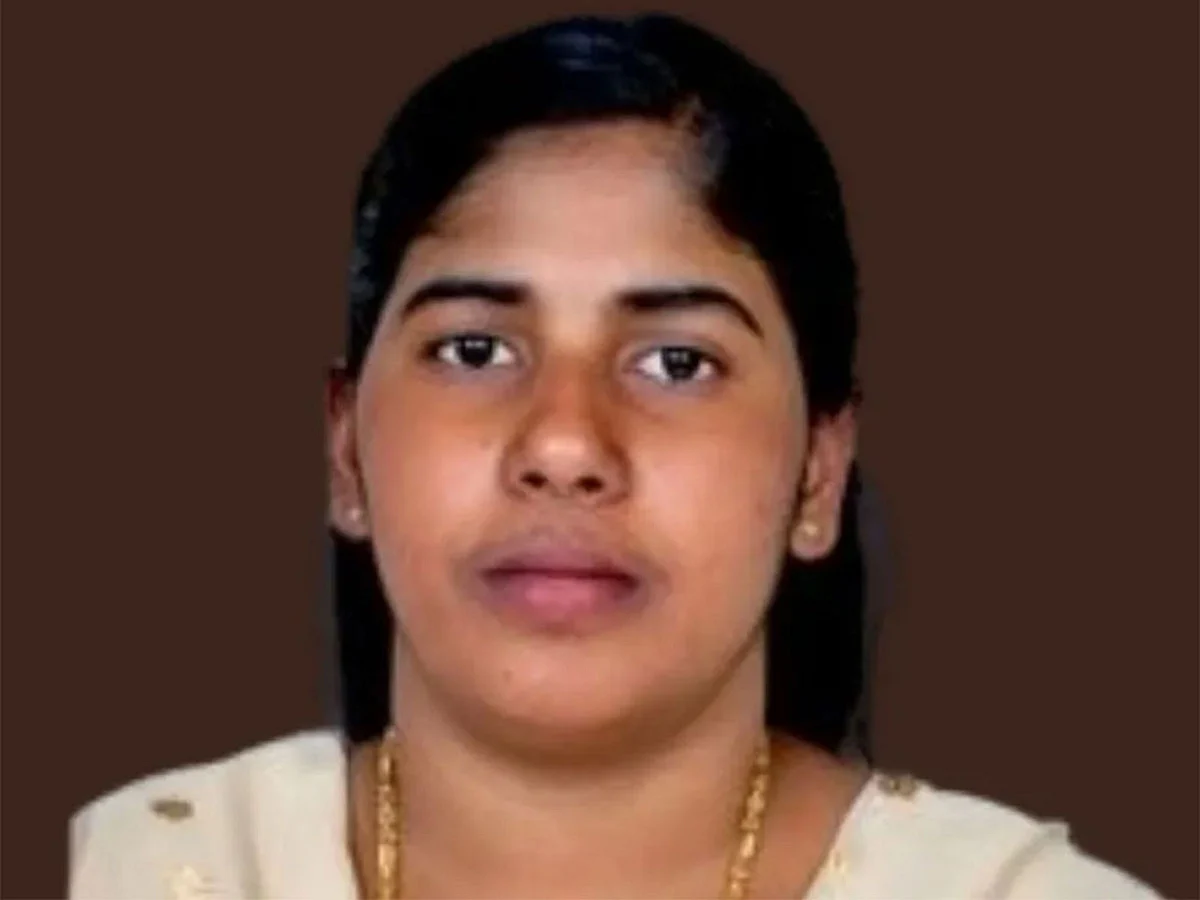Can Supreme Court intervention two days before execution save Keralite nurse Nimisha Priya?
With time running out, India’s top court steps in as plea seeks urgent diplomatic push

Dubai: With just two days left before her scheduled execution in Yemen, the fate of Nimisha Priya, a Keralite nurse sentenced to death for the 2017 murder of a Yemeni national, now rests partly on the outcome of a petition being heard by the Supreme Court of India on July 14.
The petition, filed by the Save Nimisha Priya International Action Council, seeks urgent intervention from the Indian government to open diplomatic channels with Yemeni authorities and help facilitate negotiations for “blood money” — a Shariah law provision that allows the victim’s family to pardon the accused in exchange for compensation.
Senior Advocate Ragenth Basant, appearing for the petitioner, has told the court that time is of the essence. The appellate court in Yemen had left the door open for a pardon via blood money, and the petitioner argues this is the only hope left to save Priya from the gallows.
High court refused to act in 2022
The "Save Nimisha Priya International Action Council" approached the Kerala High Court in 2022, imploring the federal government to "facilitate diplomatic interventions as well as negotiations with the family of the victim on behalf of Nimisha Priya to save her life by paying blood money in accordance with the law of the land in a time-bound manner".
However, the high court refused to issue an order to the government to negotiate the "blood money" to save Priya but asked it to pursue legal measures against her conviction.
Supreme Court’s role crucial — but is time enough?
The Supreme Court has asked for the petition to be served to the Attorney General of India and directed the Union Government to inform the court of any steps taken to assist Nimisha Priya diplomatically.
But with the execution scheduled for July 16, and the case being heard only on July 14, questions loom large:
Will there be enough time for meaningful diplomatic engagement?
Has the Indian government already initiated backchannel negotiations?
What will it take to convince the victim’s family in Yemen to accept compensation?
A complex case with shocking allegations
Nimisha Priya’s case has generated widespread public sympathy, especially after reports emerged that she was allegedly trapped in an abusive and exploitative situation by Talal Abdo Mahdi, the Yemeni national she was convicted of murdering.
According to the plea, Mahdi had allegedly falsely claimed to be her husband, tortured her, and withheld her passport. In a desperate bid to escape, she and a fellow nurse reportedly attempted to sedate him to retrieve her documents, which tragically led to his death by overdose.
The trial, her legal defence, and the confessional documents signed in Arabic during Yemen’s civil war have also raised concerns about the fairness of her prosecution.
Priya sentenced to death in 2020
Priya was sentenced to death in 2020 and her conviction was upheld by Yemen’s Supreme Judicial Council in November 2023.
She is currently imprisoned in Sana’a, Yemen’s capital.
The nurse’s mother, Prema Kumari from Kochi, has been campaigning for her daughter’s life in Yemen for nearly two years.
In December 2023, she approached the Delhi High Court to lift travel restrictions so she could visit her daughter in prison.
But the Yemeni Supreme Court dismissed her appeal.
Growing support
Public petitions, human rights campaigns, and interventions by Indian civil society have all tried to push the Indian government toward action. But the Yemeni legal system's emphasis on victim family consent through blood money makes the path forward both delicate and urgent.
As the Supreme Court takes up the matter on Monday, all eyes will be on whether India can leverage its diplomatic channels quickly enough to make a difference.
Sign up for the Daily Briefing
Get the latest news and updates straight to your inbox
Network Links
GN StoreDownload our app
© Al Nisr Publishing LLC 2026. All rights reserved.
